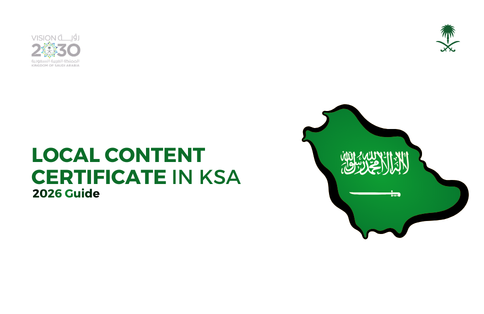Saudization in KSA refers to Saudi Arabia’s nationalization policy requiring a defined percentage of Saudi nationals in private-sector employment. Rooted in Vision 2030, this policy aims to reduce unemployment among Saudis, diversify the economy, and foster a sustainable, knowledge-based workforce.
Understanding the Essence of Saudization in KSA
- At its core, Saudization in KSA (also known as the Nitaqat program) mandates that private enterprises hire a specified proportion of Saudi nationals, depending on sector and company size.
- The objective is to gradually reduce reliance on foreign labor, deepen local talent integration, and reinforce the Kingdom’s Vision 2030 goals.
Compliance & Classification under Nitaqat
- Companies with fewer than 10 employees must still employ at least one Saudi, though small firms often receive lower quotas or temporary exemptions.
- Organizations are categorized into Red, Low/Medium/High Green, and Platinum based on their Saudization percentage impacting permissions like visa issuance and access to government contracts.
Current and Emerging Saudization Rates (2025)
As of mid-2025, several healthcare roles have updated quotas:
Accounting professions: Starting October 2025, a phased approach raises Saudization from 40% gradually to 70%.
Engineering technical roles: Minimum 30% Saudization from July 2025 in companies with five or more engineers.
More broadly, some sectors now face Saudization targets as high as 80%, particularly in healthcare and other key industries.
Business Implications & Strategic Advantages
Risk of Non-Compliance
Benefits of Alignment
Best Practices for Saudization Compliance
Conduct a Saudization Audit
Identify and Prioritize Reserved Roles
Develop Talent Plans
Leverage Local Expertise
Integration with Vision 2030
Saudization in KSA is not an isolated labor regulation it forms a central pillar in Saudi Arabia’s Vision 2030. This reform initiative is geared toward economic diversification, human capital development, and reducing oil dependency. The evolution of Saudization aligns with broader transformations across the economy.
Conclusion
Saudization in KSA should be viewed not merely as a regulatory requirement but as a strategic pathway to market credibility and long-term sustainability. By proactively aligning with Nitaqat benchmarks, building Saudization-ready workforce strategies, and leveraging local talent, businesses can thrive in the Kingdom’s evolving economic landscape.





















